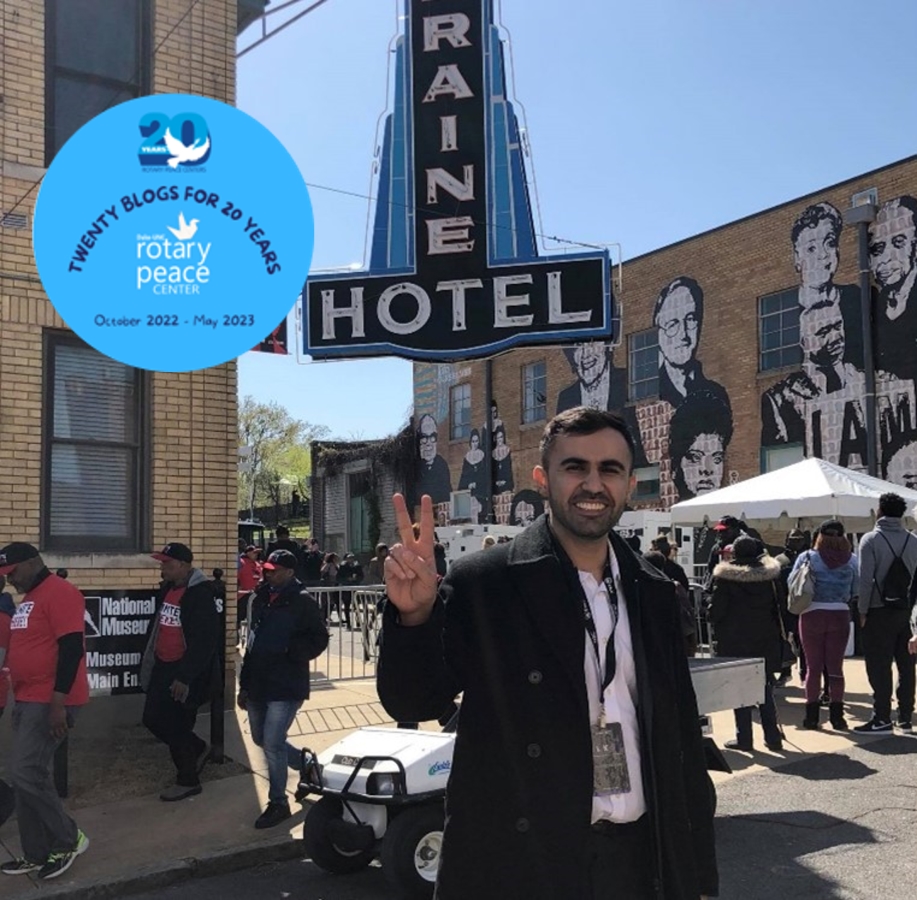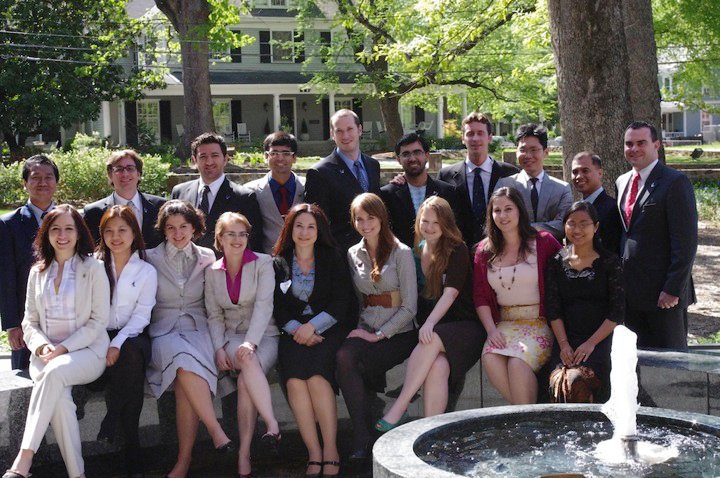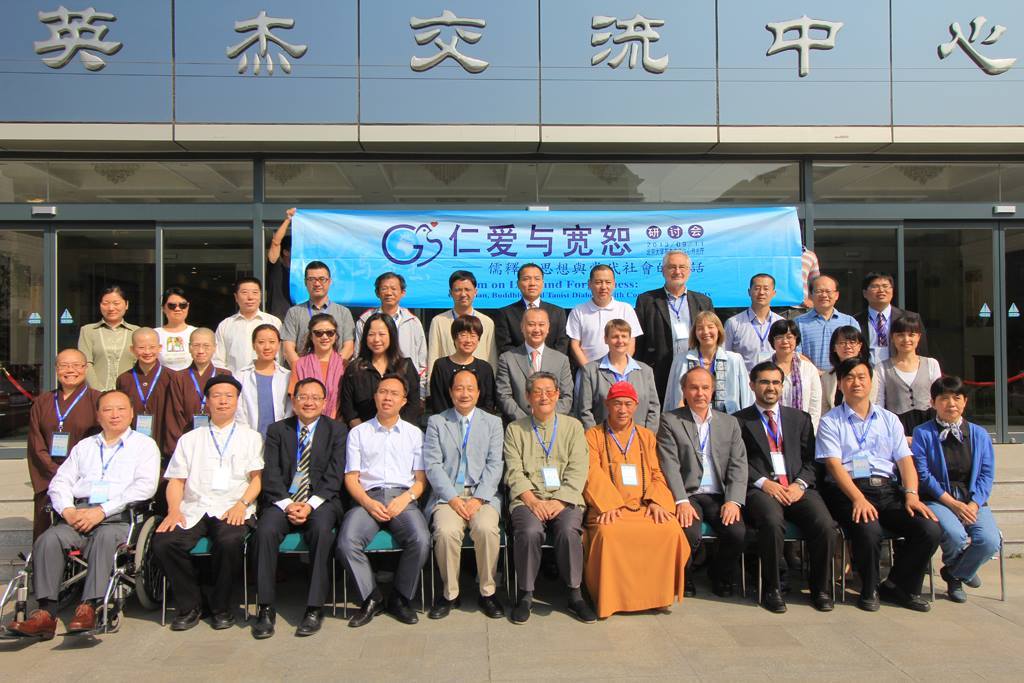Sharif Azami, Class 7 (2008-2010)
Twenty Blogs for 20 Years
Sharif Azami (MIDP ‘10) arrived at Duke University in 2008 after spending seven years with Oxfam Great Britain, the UN World Food Programme, and the Canadian International Development Agency. As a native of Afghanistan, Sharif supports peacebuilding initiatives in Afghanistan while bridging divides and strengthening democracy in the United States. After a decade of working within the philanthropic sector, Sharif is now focused on Afghan affairs after the U.S. withdrawal.
 Despite wanting to continue higher education, I had little to no confidence in my ability to fulfill the requirements of any major scholarship opportunity. To begin with, because no banking infrastructure existed in Afghanistan, I did not even have access to a credit card to pay for a TOEFL fee (how I managed to do it is a story for another time).
Despite wanting to continue higher education, I had little to no confidence in my ability to fulfill the requirements of any major scholarship opportunity. To begin with, because no banking infrastructure existed in Afghanistan, I did not even have access to a credit card to pay for a TOEFL fee (how I managed to do it is a story for another time).
Reluctant as I was, a colleague at the Canadian International Development Agency urged me to apply for Rotary Peace Fellowship. He even went on to assist me throughout the application process. Many others also helped me, including a Rotary Club in Finland, which sponsored my application because no clubs existed in Afghanistan.
After the miracle of receiving the fellowship and obtaining a U.S. visa (a momentous struggle in its own right), my luggage was lost when I arrived in the United States. My clothes were also in bad shape, given that I had spent two days in international airports, including a lengthy “secondary” inspection in Atlanta, GA.
Though it was messy, my host family (Rotarians, whom I consider my family) made the journey stress-free and joyful. Not only did they drive me straight to a shopping mall from the airport and hosted me for weeks at their home, but they also cared for my well-being for two years – a key hallmark of the fellowship experience.
When I started my academic journey at Duke University, I found meeting the program’s requirements and adjusting to the fast-paced environment challenging. I wasn’t sure I would make it. However, support poured in from all directions, from the Peace Center and the faculty to fellow students and the wider community. Not only did I thrive, but this support allowed me to excel in the academic program and even pursue graduate courses at Duke Law and the Fuqua School of Business.
The rigor of Duke-UNC Rotary Peace Center’s curriculum is exceptional. To this day, the training I received in policy analysis, economics, conflict transformation, governance, international law, and human rights is foundational to everything I do. It has also allowed me to apply a multidisciplinary and historical lens to every policy or sustainable development issue I have had the privilege to address.
Since graduating, I have had the honor of working on numerous causes in pursuit of sustainable positive peace. From 2010 to 2011, I collaborated with the Afghan Ministry of Finance on the Paris Declaration Monitoring Survey on Aid Effectiveness and managed the Canada Fund for Local Initiatives as well as the Canada Fund for the Advancement of Women. In the years that followed, between 2012 and 2015, I worked alongside global faith and business leaders on peacebuilding, interreligious cooperation, and corporate social responsibility initiatives. Between 2015 and 2022, I led ecosystem-level initiatives to heal divides and strengthen American democracy. Notable partnerships during this time included Peace Charter for Forgiveness and Reconciliation, Ethics in Action, the After Charlottesville Project, Faith and Health Democracy Project, New Pluralists, a Depolarization Summit, and the Strengthening Democracy Challenge, among many others.
Peace Conference on Confucianism, Daoism, and Buddhism at Peking University
Even as I continue to pursue new endeavors in pursuit of positive sustainable peace, Rotary’s contribution to my growth will always remain foundational to everything I do. Relatedly, given the rise in conflicts and other global challenges, Rotary’s role in fostering international cooperation and advancing positive sustainable peace is more important than ever.
Ethics in Action Meeting at the Vatican


